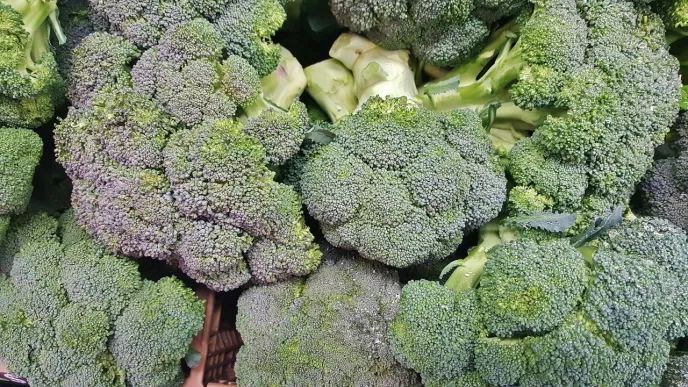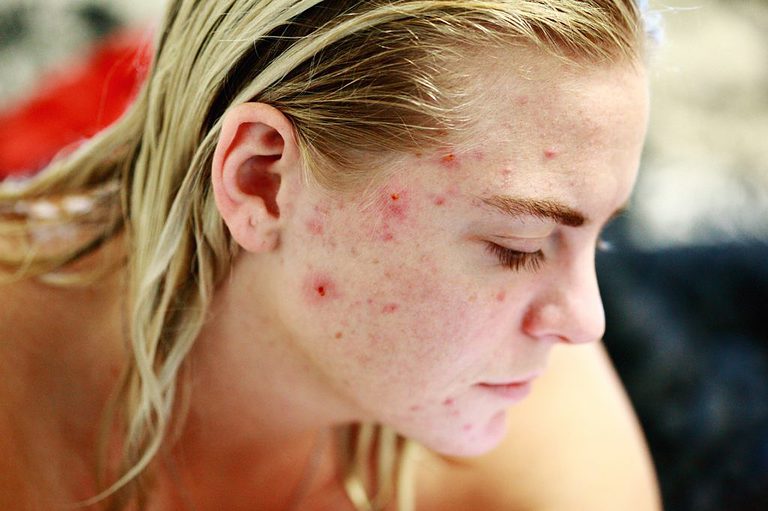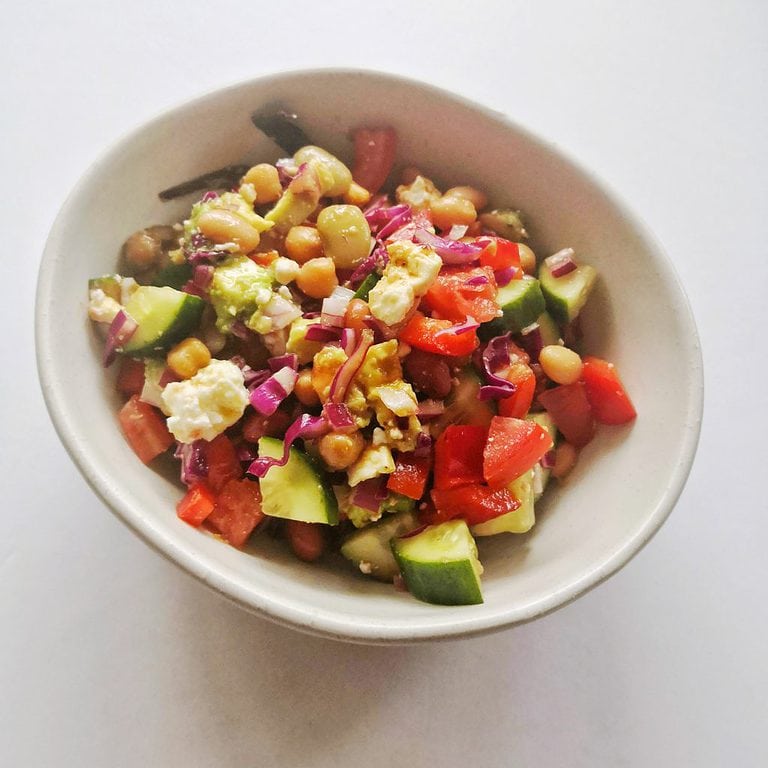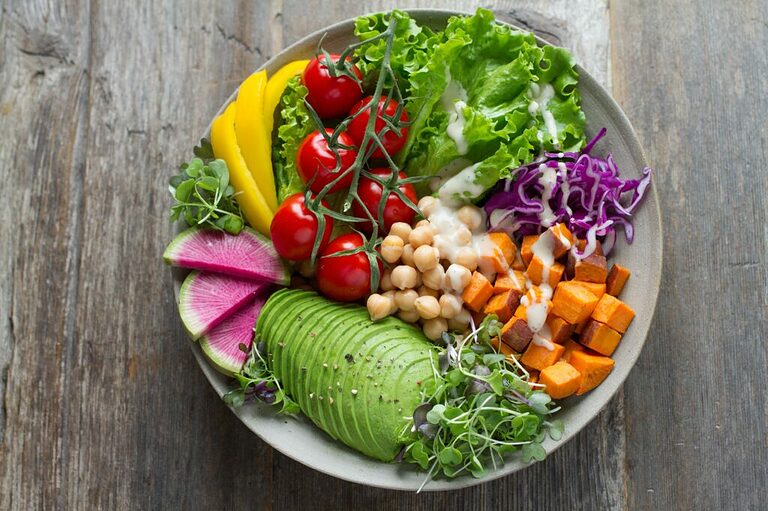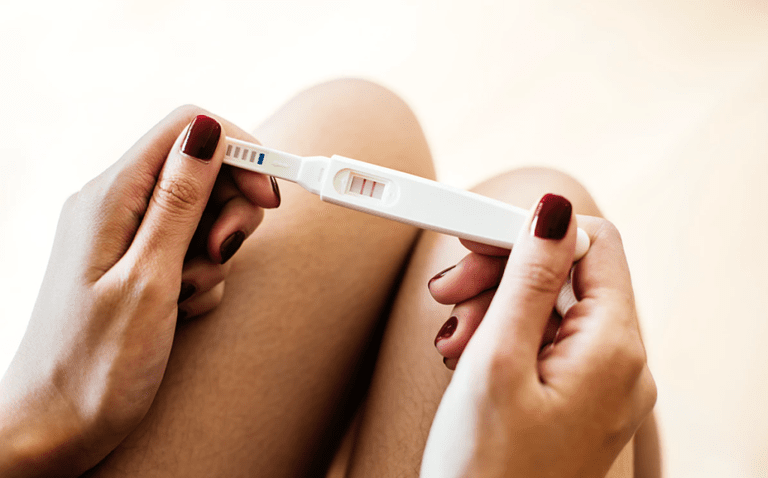Do you suffer from gut issues like bloating, gas or constipation? Have you ever wondered whether there is a link between how your gut is functioning and any fertility issues you’re facing?
Read on to learn how different gastrointestinal conditions may possibly affect fertility and how gut symptoms and reproductive conditions might be connected.
Irritable Bowel Syndrome (IBS) and Fertility
Irritable Bowel Syndrome (IBS) is a chronic gastrointestinal condition that involves symptoms like bloating, abdominal pain, constipation and diarrhoea. The symptoms of IBS can be really uncomfortable and may have you rushing for the bathroom! However, as far as we know, IBS has only a minor (if any) effect on fertility.
One study in the United Kingdom looked at the pregnancies of a large group of women. Within that group, the women with IBS had a slightly higher rate of miscarriage and ectopic pregnancy than those without (Khashan et al., 2012):
- Women with IBS were 1.21 times more likely to have a miscarriage. So, if 6 in 100 women without IBS had a miscarriage, 7.26 in 100 women with IBS would have one.
- Women with IBS were 1.28 times more likely to experience ectopic pregnancy. So, if 3 in 100 women without IBS experienced an ectopic pregnancy, the rate for women with IBS would be 3.84 in 100.
This doesn’t mean IBS was the cause, only that there was an association between having IBS and a higher risk. We do not know why or how having IBS would create an increased risk. The researchers also found there was no increased risk of preeclampsia or stillbirth.
If you have diarrhoea-predominant IBS (IBS-D), one other point to consider is whether your nutrient absorption is being affected by frequent trips to the loo. When we have diarrhoea, food (and nutrients) passes through the gastrointestinal tract more quickly than usual, meaning we don’t absorb as much from the food we eat. This isn’t great for fertility and pregnancy, when we want to get as many nutrients in as possible!
Coeliac Disease and Fertility
Coeliac disease is a lifelong autoimmune condition where the body has an immune system reaction if you eat gluten (a protein found in the grains wheat, barley, rye and triticale). The immune system response damages the gut lining. Coeliac disease can cause gastrointestinal symptoms as well as other symptoms including anaemia, muscle aches and skin rashes.
There is mixed evidence when it comes to whether coeliac disease affects fertility. Though we don’t have conclusive evidence, some studies have suggested that:
- Coeliac disease is more common in women with fertility issues (Prashant et al., 2016; Castano et al., 2019); and
- Women with coeliac disease experience higher rates of miscarriage, foetal growth restriction and preterm birth (Eliakim & Sherer, 2001; Soni & Badway, 2010; Tersigni et al, 2014).
This is not a female-only issue. Men with coeliac disease have also been shown to have higher rates of sperm abnormalities (Freeman, 2010).
The good news is, we can work on minimising risk. Research indicates that potential impacts on fertility are reduced when coeliac disease is properly treated, i.e. the patient follows a strict dietitian-supervised gluten free diet.
If you have coeliac disease and are TTC, seek professional help from a dietitian in planning a balanced diet.
You want to ensure that you are still meeting all of your prenatal nutrient requirements whilst carefully avoiding any gluten-containing foods.
Inflammatory Bowel Disease (IBD) and Fertility
Inflammatory Bowel Disease (IBD) is different to IBS, despite the similarity in their acronyms!
While people with IBS experience uncomfortable and sometimes painful gut symptoms, the condition doesn’t cause lasting damage. In IBD, the lining of the gut actually becomes inflamed and this leads to symptoms like pain (sometimes severe), diarrhoea, bloody stools, fatigue and weight loss. Symptoms tend to “flare up” and then go into periods of remission.
If you have IBD, you will likely be under the care of specialist doctors to help you manage your condition. You may be prescribed medication to help reduce the inflammation and control symptoms.
When it comes to fertility, broadly speaking women diagnosed with IBD have the same rates of infertility as those without IBD i.e. they are not any more likely to experience infertility (Leenhardt et al., 2019). However, there are a few “disclaimers” around that statement.
- Fertility can be reduced during an IBD flare up (when the disease is active), and possibly also in severe IBD cases that require abdominal surgery (Kapoor, Teahon & Wallace, 2016; Lee et al., 2019).
- Sometimes abdominal surgery may lead to scarring and pelvic adhesions (where tissues stick together in the pelvic region) that affect the release of eggs down the fallopian tubes (Huang & Habal, 2014).
- Nutritional deficiencies caused by IBD and medications associated with its treatment, may also reduce fertility (Kapoor, Teahon & Wallace, 2016).
Nutrient absorption is affected by gut inflammation. Common nutrient deficiencies in IBD include iron, B12, zinc and folate (Weisshof & Chermesh, 2015), all crucial for fertility and pregnancy!
Potential nutrient deficiencies are also an issue for men with IBD. Abdominal surgery and certain medications used to treat IBD may also affect male sexual function and sperm quality (Shin & Okada, 2016).
The bottom line? If you are TTC, speak to your specialist about how your treatment for IBD may be affected. And, speak to a fertility dietitian to understand your risk of nutritional deficiencies and the best prenatal supplement regime (for women and men!) to help counteract this.
Get in touch to book a virtual express prenatal supplement consult with me!
Are my gut symptoms telling me something about my fertility?
Sometimes gut symptoms can be a signal that there is something else happening in the body, too. This includes conditions that may affect our fertility.
One of the possible symptoms of endometriosis is altered bowel habits. It is not uncommon for women with endometriosis to experience frequent bloating, abdominal cramps, diarrhoea or constipation. There are high rates of gastrointestinal symptoms and IBS in women with endometriosis (Ek et al., 2015).
This is not meant to sound scary, but rather to encourage you to seek professional advice and have things investigated if you are experiencing long term gut symptoms.
If you receive a medical diagnosis of endometriosis, making changes to your diet may help. With professional supervision, a low FODMAP diet may potentially help in the management of gut symptoms.
Read more about the low FODMAP diet for endometriosis here.
The Gut-Oestrogen Connection
Each of us is carrying around our own unique mix of billions of gut bacteria, which ideally exist in a state of perfect balance, a diverse range of complementary bugs living together. This gut microbiome is responsible for many activities within the body, including transforming food into essential vitamins and activating enzymes and hormones.
One of the roles of gut microbiota is to help process oestrogen and contribute to the amount of oestrogen circulating in our body. When our gut is in a state of dysbiosis (i.e. our gut bacteria levels are out of balance), this may affect oestrogen levels and contribute to various conditions associated with low oestrogen, including fertility issues.
Read more about the gut-hormone connection here.
Eating a balanced diet that includes loads of high-fibre plant foods helps to feed our gut bacteria and keep them happy!
KEY POINTS: YOUR GUT AND FERTILITY
- Gastrointestinal conditions including IBS, coeliac disease and IBD may possibly raise the risk of certain fertility and pregnancy related issues. However, we can help minimise risk when the symptoms of the condition are controlled.
- Sometimes, gut symptoms can be a symptom of a condition that may affect fertility, like endometriosis.
- A balanced gut microbiome may help to support healthy circulating oestrogen levels.
Are you looking for practical, helpful and science-based support in understanding and managing your gut symptoms and fertility? Book a FREE 15 minute discovery call with me today!
This article was co-written by nutritionist Monique Cormack. You can find Monique on Instagram or connect with her on Linkedin.


